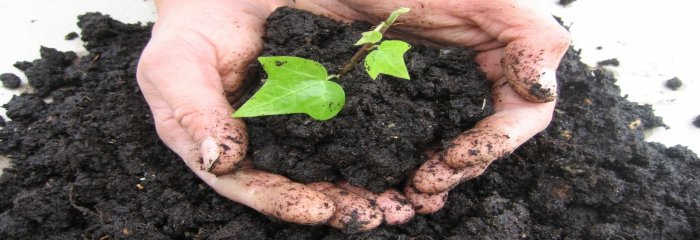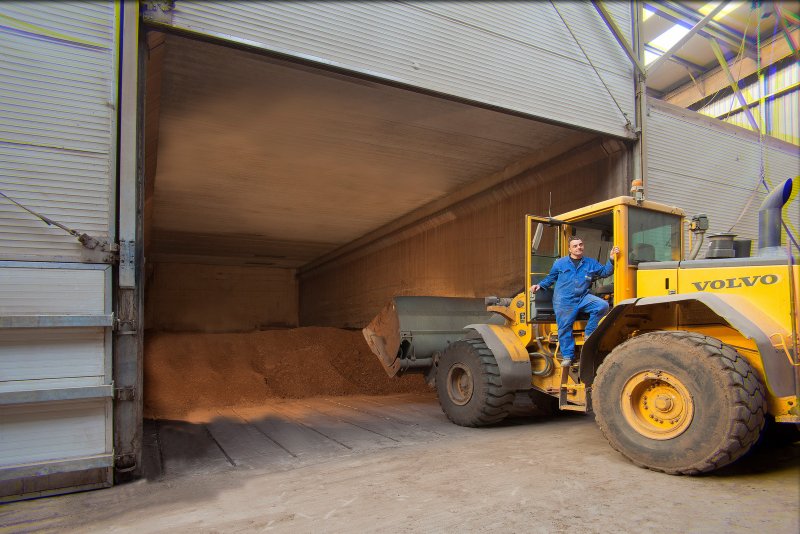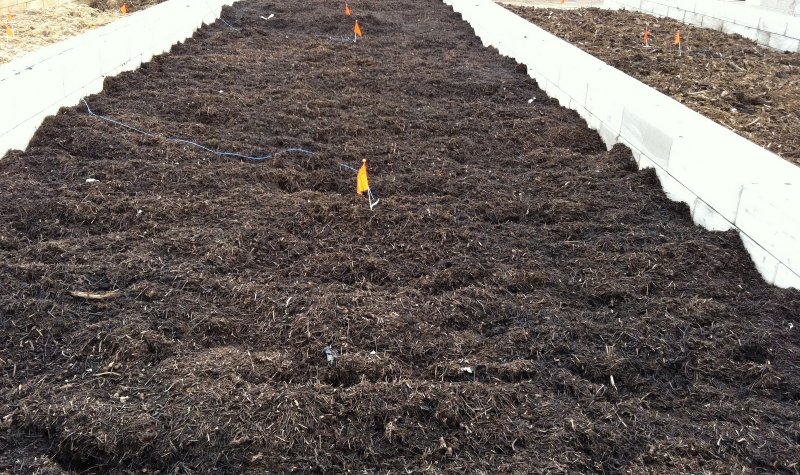For each land, region, waste stream and application of compost other quality standards apply for compost or biological dried waste material. GICOM customers market their compost under the most stringent norms, such as BOOM and BRL (NL), Vlaco (B), RAL (D), PAS 100 (UK and Ireland), EPA and DEP (USA and Australia).
The GICOM system was the first system that got approval on the German market. In other countries as well, the GICOM system has always received governmental approval. GICOM designed installations have met all demands for compost quality marks.
Pathogens
Many pathogens such as Salmonella, E. Colli bacteria, weed seeds, Tabacco Mosaic Virus and others become either largely non-toxic or entirely harmless under the influence of the climate control in GICOM composting tunnels. By obtaining the right relation between temperature, time, moisture, oxygen and ammonia a quick destruction of pathogens is assured. Since GICOM tunnels are enclosed, and no people, animals or machines enter the tunnels while the process lasts, pasteurised material comes out clean.
Stability
Depending on the length of the process, stability of the compost can be adapted according the demands of the compost-client. In general stability is often expressed as Rottegrad, although some countries have different standards. By mixing well, moisturising on time and setting the right climate with the G-2000 control system, the appropriate Rottegrad or stability can be obtained within a small timeframe in GICOM tunnels.
Biological drying systems might consider AT4 of more importance. This also is not a problem in GICOM tunnels. Especially for biological drying waste, the caloric value from the final product is an important aspect. In a short time, the caloric value of the waste goes up drastically in GICOM tunnels. The main reason is the vaporisation of moisture. In the same short time, volume and weight reduce rapidly, the material is pasteurised and the negative aspects of organic waste in a waste stream (nasty odour, harmful pathogens, pest survival, animal attraction, methane and leachate production) are reduced radically.









